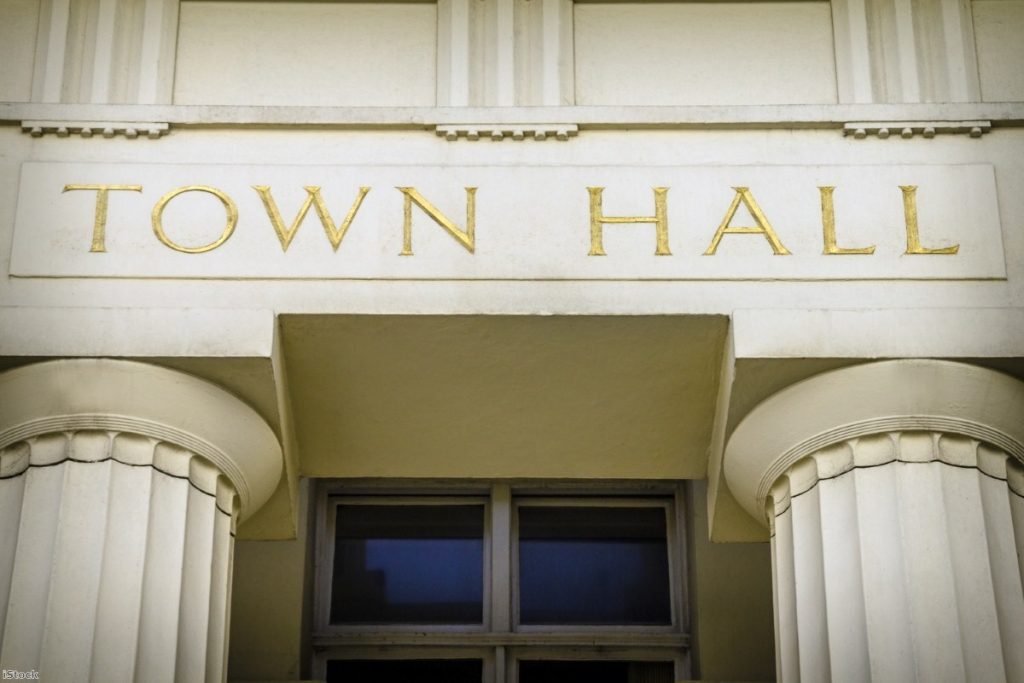By Rob Cox
"When trusted and credible news sources decline, we can become vulnerable to news which is untrustworthy."
So said the prime minister last week – representing fears even at the very top over the decline of local newspapers.
The pace at which local news is dwindling can hardly be overstated. The latest numbers revealed double-figure year-on-year circulation decline for more than half of regional papers. If it continues at that rate, few print editions will be around in ten years.


This pattern has been counterbalanced somewhat by huge increases in the number of people visiting the websites run by the same newspapers. But there is widespread concern within the industry about the quality of journalism being published online, with 'clickbait' often ruling the roost and the performance of reporters being judged solely on visitor numbers as opposed to the standard of their copy.
These trends have resulted in serious questions being asked about the impact on democracy at the local level. The PM was pointing to the dangers of 'fake news'. But that is just one of the issues involved here. Just as concerning is the growing inability of local newspapers to properly scrutinise decisions being made by councils. Such decisions – and the process by which they come about – may not be riveting, but they are vitally important to how we live our daily lives.

Which roads are repaired, how often bins are collected and which sports centres or libraries must be cut to make savings are all decisions being made in council chambers.
Historically it has been the role of the press to inform the public of these decisions and to challenge them where they do not serve the interests of local people. But declining incomes (because of declining circulation) have placed huge strain on the resources available to editors.
"The number of staff in local newsrooms is far fewer than it was even five or ten years ago," Nathan Briant, local government reporter at the Oxford Mail, says.
"Issues don't go in the paper because the staff aren't there. Right now we are still able to get a lot of things that people want to know about out there. The risk if there is not a local paper is that stories could be completely left, they wouldn't surface. We need people to know there is somewhere they can go and which has the expertise that they might not have to drill into council agendas and get to stuff they might not get to themselves. There aren't many people who just go home and read a council agenda."
One group of people who can, in theory, perform this role is opposition councillors. But what happens when one party dominates to such an extent that there are just a handful of elected representatives from other parties?
A report completed for the Electoral Reform Society found that one-party dominated councils are at much higher risk of corruption (51% higher) than competitive councils. It also concluded that one-party dominated councils typically achieve lower price savings: 2.1% compared to 6.2% achieved by competitive councils in England.
It's a picture that Briant recognises.
"In my experience where councils are dominated by one party there is less scrutiny," he says. "They are much more likely to take the view of officers and go with it without asking as many questions. That is unfortunate, but it is the way a lot of councils do it."
The problems facing local journalism is the subject of on-going discussions in newsrooms up and down the country, and will now be subject to a government review.
But the reform which would have the biggest impact on the ability of local authorities to scrutinise themselves would be a change to the voting system. Just as in general elections, local councillors in England and Wales are elected via First Past the Post.

It means parties can secure a much higher proportion of seats than is warranted by their vote share, suppressing the number and influence of opposition voices.
If people's votes were fairly represented, under a proportional voting system, any given party which had control of a local authority would have to justify its decisions more frequently as a result of being monitored by a greater number of scrutineers who more accurately reflect the will of local people.
This has been the case for local government in Scotland where the Single Transferable Vote has been in place since 2007. Why not extend it to England and Wales too?
The prime minister is right to recognise the struggles facing local journalism. But the core issue is a democratic crisis of which single-party councils are both a symptom and a cause.
Rob Cox is a communications assistant at the Electoral Reform Society and former regional journalist.
The opinions in politics.co.uk's Comment and Analysis section are those of the author and are no reflection of the views of the website or its owners.









